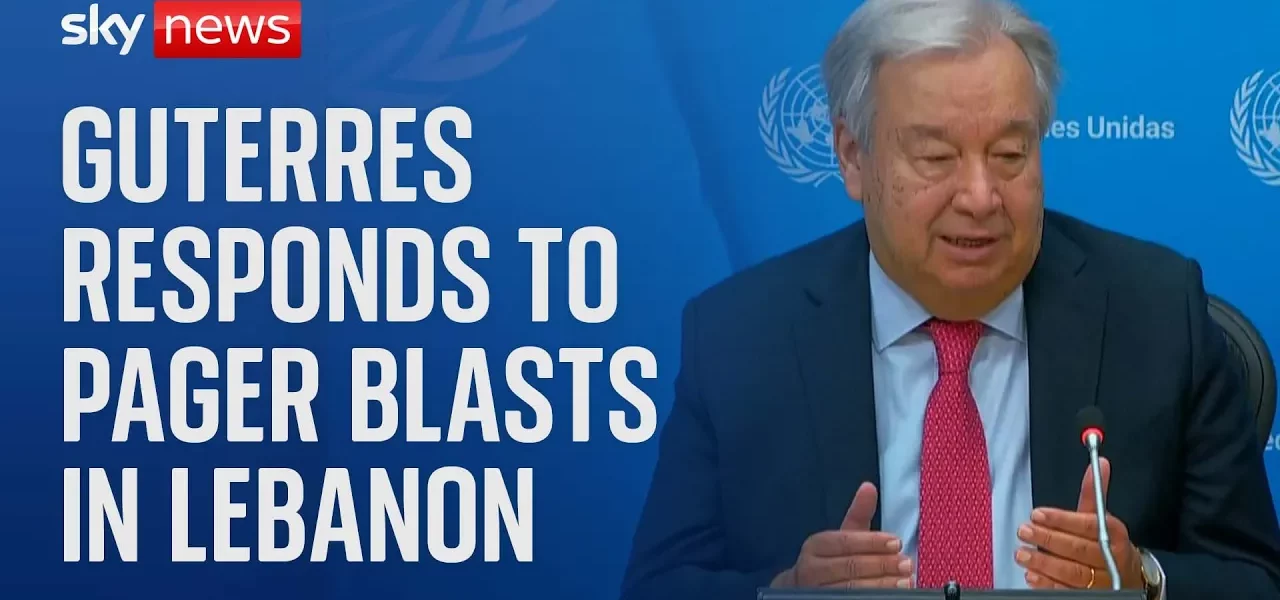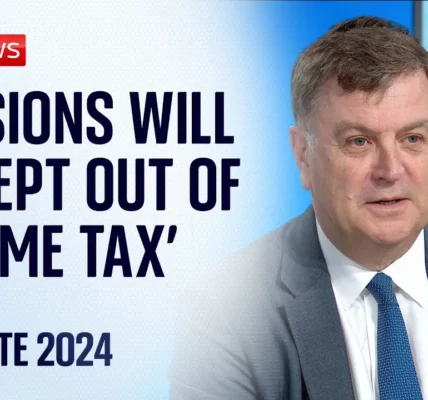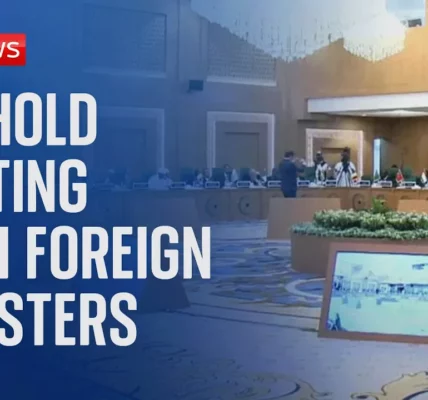Press Conference Overview: Summit of the Future and Global Challenges

In a recent press conference, the Secretary-General of the United Nations addressed pressing global issues and provided insights into the upcoming Summit of the Future. This article delves into the main points discussed, emphasizing the importance of collaboration among member states to tackle complex international challenges.
Introduction
The press conference held by the Secretary-General serves as a crucial platform for addressing significant international concerns and setting the agenda for upcoming discussions. As the world faces unprecedented challenges, from geopolitical tensions to climate crises, the Secretary-General’s call for unity and compromise among member states has never been more relevant. With the Summit of the Future on the horizon, the need for effective governance and innovative solutions is paramount. This article explores the key themes and discussions from the conference, highlighting the urgent need for reform in global institutions that reflect the realities of the 21st century.
The Summit of the Future: A Call for Compromise
As the Secretary-General emphasized, the Summit of the Future represents a pivotal moment for international cooperation. Here are the main points discussed:
- Importance of Compromise: The Secretary-General urged member states to embrace a spirit of compromise, highlighting that the ongoing geopolitical divisions hinder progress on pressing global issues.
- Geopolitical Divisions: Current conflicts, including those in Ukraine, Gaza, and Sudan, exacerbate existing tensions and challenge the effectiveness of international institutions.
- Climate Change and Inequality: The Secretary-General pointed to climate change and rising inequalities as critical issues that require immediate attention and collective action.
Global Challenges: Interconnected Crises
The Secretary-General detailed several interconnected global crises that present significant challenges to international stability:
1. Geopolitical Tensions
Current geopolitical tensions, particularly in Eastern Europe and the Middle East, pose a threat to global peace. The Secretary-General noted:
- The ongoing conflict in Ukraine, which has far-reaching implications for international security.
- The escalating situation in Gaza, which highlights the urgent need for humanitarian intervention and peace efforts.
- The instability in Sudan and Lebanon, which further complicates international relations.
2. Climate Change
Climate change continues to be a defining challenge of our time, with its effects being felt globally:
- Extreme weather events are becoming more frequent, leading to humanitarian crises.
- The need for sustainable development solutions is more pressing than ever.
- Member states must collaborate to meet climate targets and support vulnerable nations.
Reforming Global Institutions
The Secretary-General highlighted the necessity of reforming global institutions to address contemporary challenges effectively:
1. Historical Context of Global Institutions
Many global institutions were established in a different era, often failing to reflect current realities:
- The founding principles remain relevant, but the mechanisms require modernization.
- A call for inclusivity and representation from all nations is essential.
2. Proposed Reforms
The Secretary-General outlined potential reforms, including:
- Security Council reform to address power imbalances.
- Enhanced governance measures for emerging technologies, particularly artificial intelligence.
- Strengthening the role of developing countries in international financial architecture.
Conclusion: A Call to Action
The Secretary-General’s press conference underscored the urgency of addressing global challenges through collaborative efforts. As the Summit of the Future approaches, member states are urged to seize this opportunity to enact meaningful change. In the face of interconnected crises, it is crucial to build a future that is equitable and sustainable for all. The time to act is now, and collective will is essential to forge a path forward.
Call to Action: Engage with your representatives to advocate for progressive policies that address these global challenges and support the reform of international institutions.
“`




